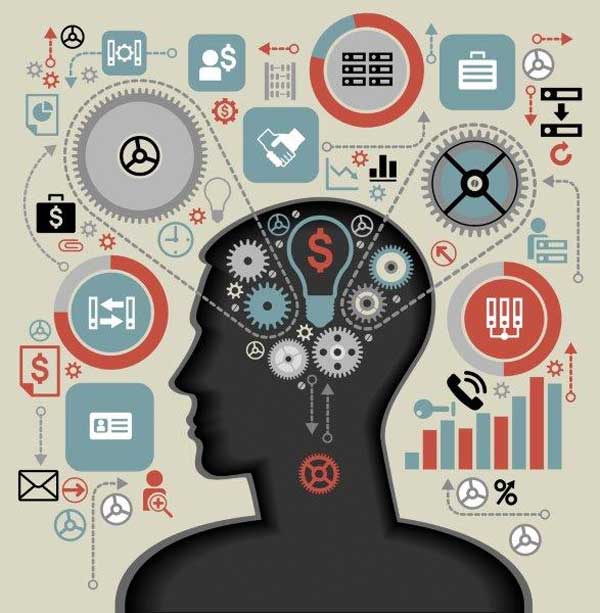By Paul von Bergen
Inspired by John Kabat Zinn
If you were part of the London Philharmonic Orchestra you would not dream of using your instrument without tuning it first yet. The mind is our instrument of running our life yet most of us don’t spend even a moment of our life tuning it.
Mindfulness is awareness and the recognition that we can direct our consciousness to different areas of our brain. It is about befriending your mind, understanding how it works and the patterns that it sometimes falls into. It is about setting direction and focus and being aware of what knocks you off from that intention.
Mindfulness adds value to your life – it makes your thinking apparatus more efficient and robust. It delivers you greater emotional intelligence and awareness of the effects that sensations, emotions, pep-tides and hormones can have on your patterns of the mind, reflexes and reactions.
The opposite of mindfulness is mindlessness – ignorant to who you really are and why you do what you do. Some might say ignorance is bliss and in someways it, is but in the words of Socrates, “The life which is unexamined is not worth living”. Mindlessness is about making tacit assumptions, reacting without awareness and basing your thoughts on patterns and conditioned habits rather than truth and wisdom.
Us humans love to train our muscles, our dogs and our staff – but how many of us actually train our mind? It used to be thought by science that after adolescence our brains were hard-wired but we now know, through the science of neuroplasticity, that our brains can be rewired at any time, just with a bit of deliberate and regular practice.
Mindfulness is about self-discovery and the realization that to understand what life is, you must first understand what you are. Mindfulness is about putting a little amount of regular effort into understanding how you work.
We live in a dazzling world with an incredible amount of sensory simulation. Mindfulness is about paying attention to all sensory inputs; sight, sound, taste, sensations, emotions and thoughts and starting to get a grasp of how they all inter-relate. It allows you to see warning signs – for ill health, emotional problems and business issues. It is about tuning in to all senses rather than just being lost in a constant flow of thoughts about the future or the past. Mindfulness is about the present.
This is a incredibly serious and powerful topic – we are talking about re-programming our brains – the most complex thing we know in the universe -this is not fluff! We have a cave man brain in a modern world and unless we understand how that influences our behaviors then we will be living in ignorance our whole life.
When we consciously and deliberately practice mindfulness we train the brain to be more focused, attentive, less reactionary and more engaged. A formal practice in the morning can become an informal practice during the whole day.
There are many simple techniques to practicing mindfulness. Focus can be on the breath or the sensations and the trick is to notice whenever you mind has wondered and gently bring yourself back into awareness.
It doesn’t matter how many times your mind wonders, each time you realize you must be gentle on yourself and accepting this is how your mind is. Each time though just bring it back to focus on the breath and sensations. Ten minutes each morning is all you need to make a difference to your life.
Paul von Bergen

